We don't receive wisdom; we must discover it for ourselves after a journey that no one can take for us or spare us
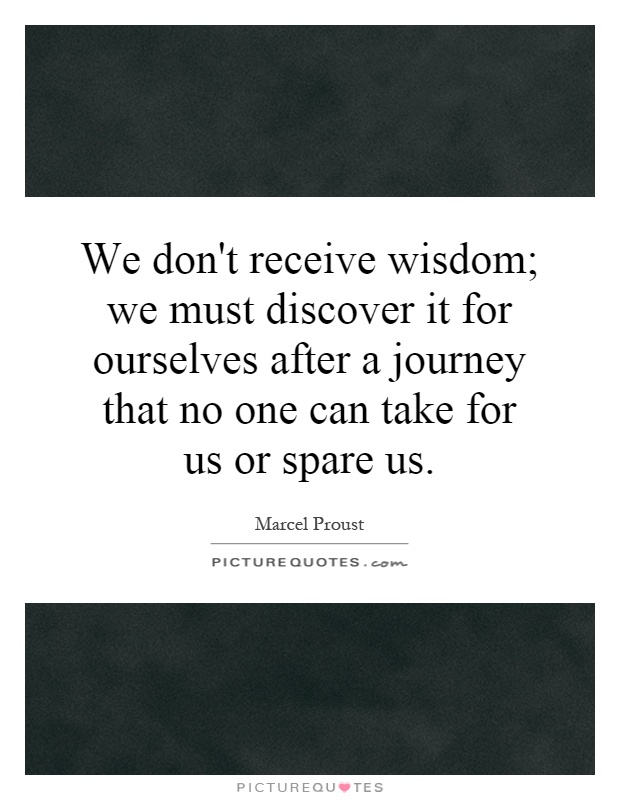
We don't receive wisdom; we must discover it for ourselves after a journey that no one can take for us or spare us
Marcel Proust, a French novelist and essayist, is best known for his monumental work "In Search of Lost Time." Throughout his writing, Proust delves deep into the complexities of human experience, memory, and the passage of time. One of the central themes in his work is the idea that true wisdom cannot simply be handed to us; it must be discovered through our own personal journeys.Proust believed that wisdom is not something that can be taught or learned from others. Instead, it is something that must be uncovered through our own experiences and reflections. In his novel, the protagonist embarks on a journey of self-discovery, exploring the depths of his own memories and emotions in order to find meaning and understanding in his life.
Proust's philosophy on wisdom is closely tied to his belief in the importance of personal experience. He believed that true wisdom comes from living fully and authentically, from embracing both the joys and sorrows of life. Through his writing, Proust encourages readers to engage with their own experiences, to reflect on their past and present in order to gain a deeper understanding of themselves and the world around them.
Proust's emphasis on the individual journey towards wisdom is a powerful reminder that each of us must take responsibility for our own growth and development. We cannot rely on others to provide us with all the answers; instead, we must be willing to explore, question, and learn from our own experiences. This process of self-discovery is often challenging and uncomfortable, but it is ultimately rewarding, leading us to a deeper sense of self-awareness and understanding.

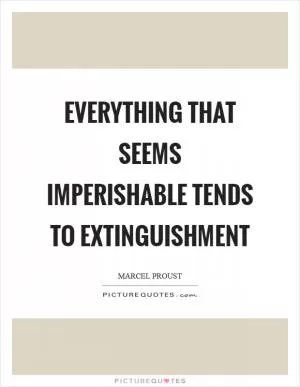

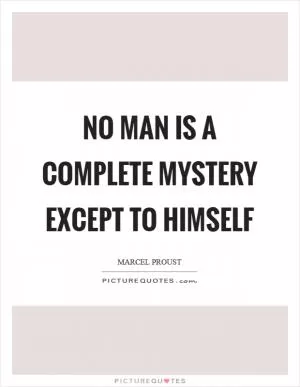
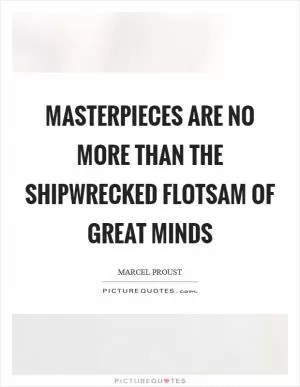
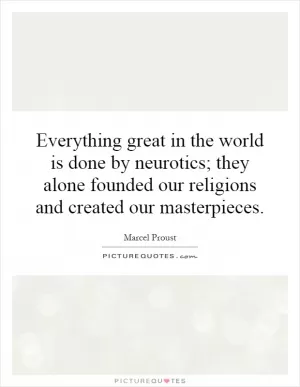
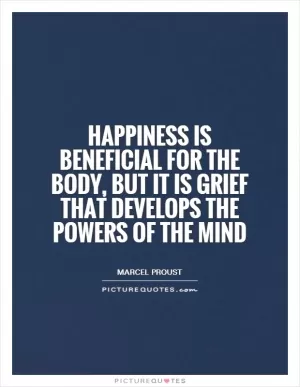
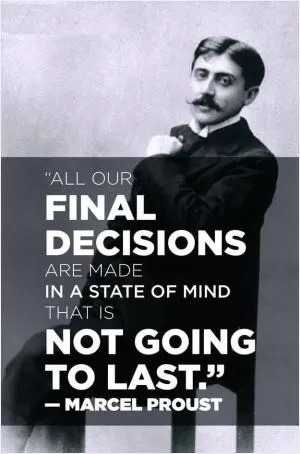
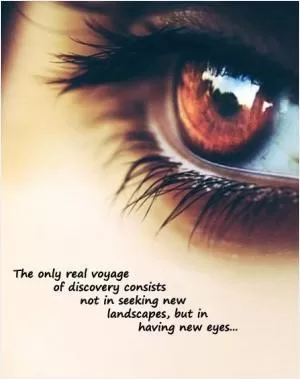



 Friendship Quotes
Friendship Quotes Love Quotes
Love Quotes Life Quotes
Life Quotes Funny Quotes
Funny Quotes Motivational Quotes
Motivational Quotes Inspirational Quotes
Inspirational Quotes